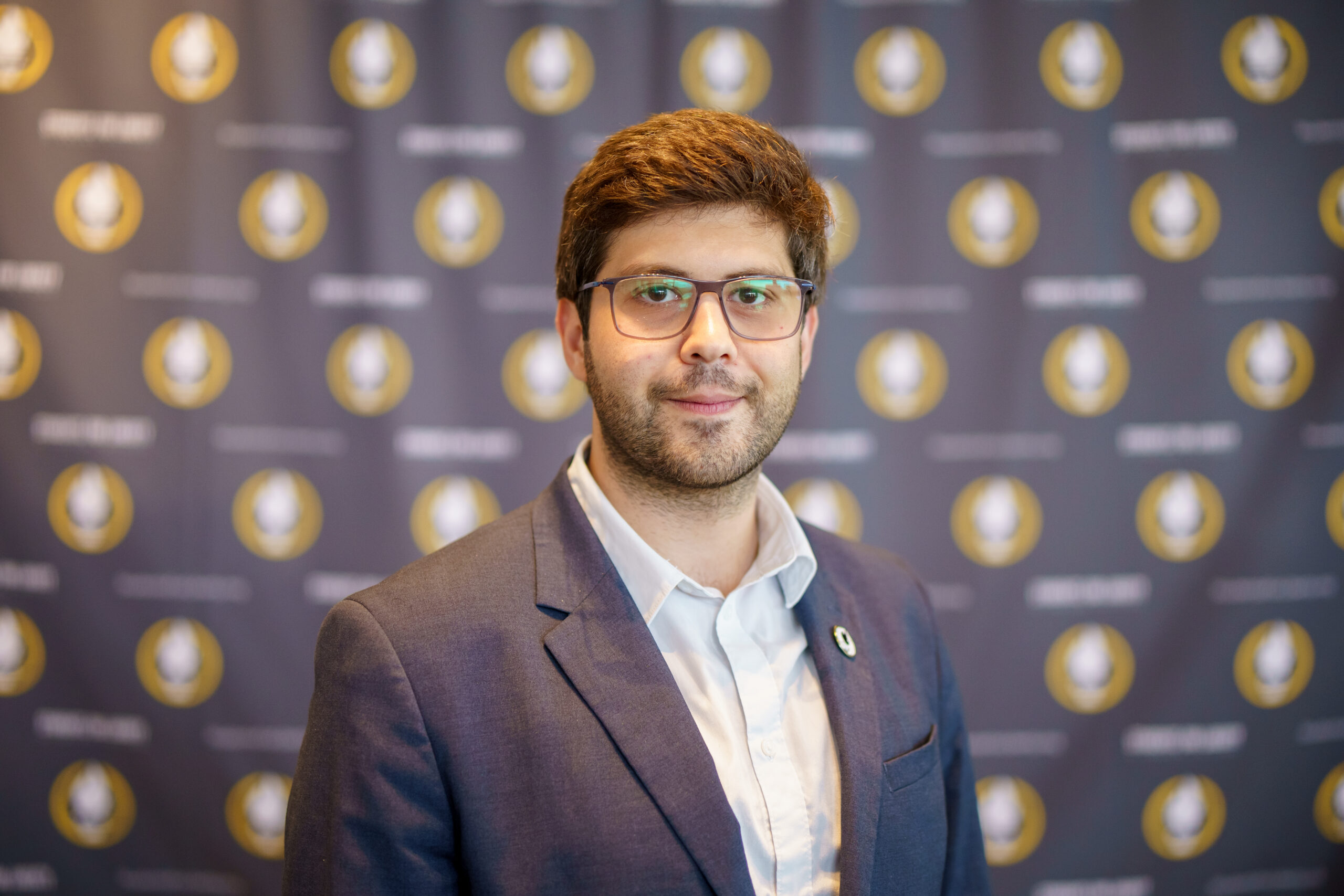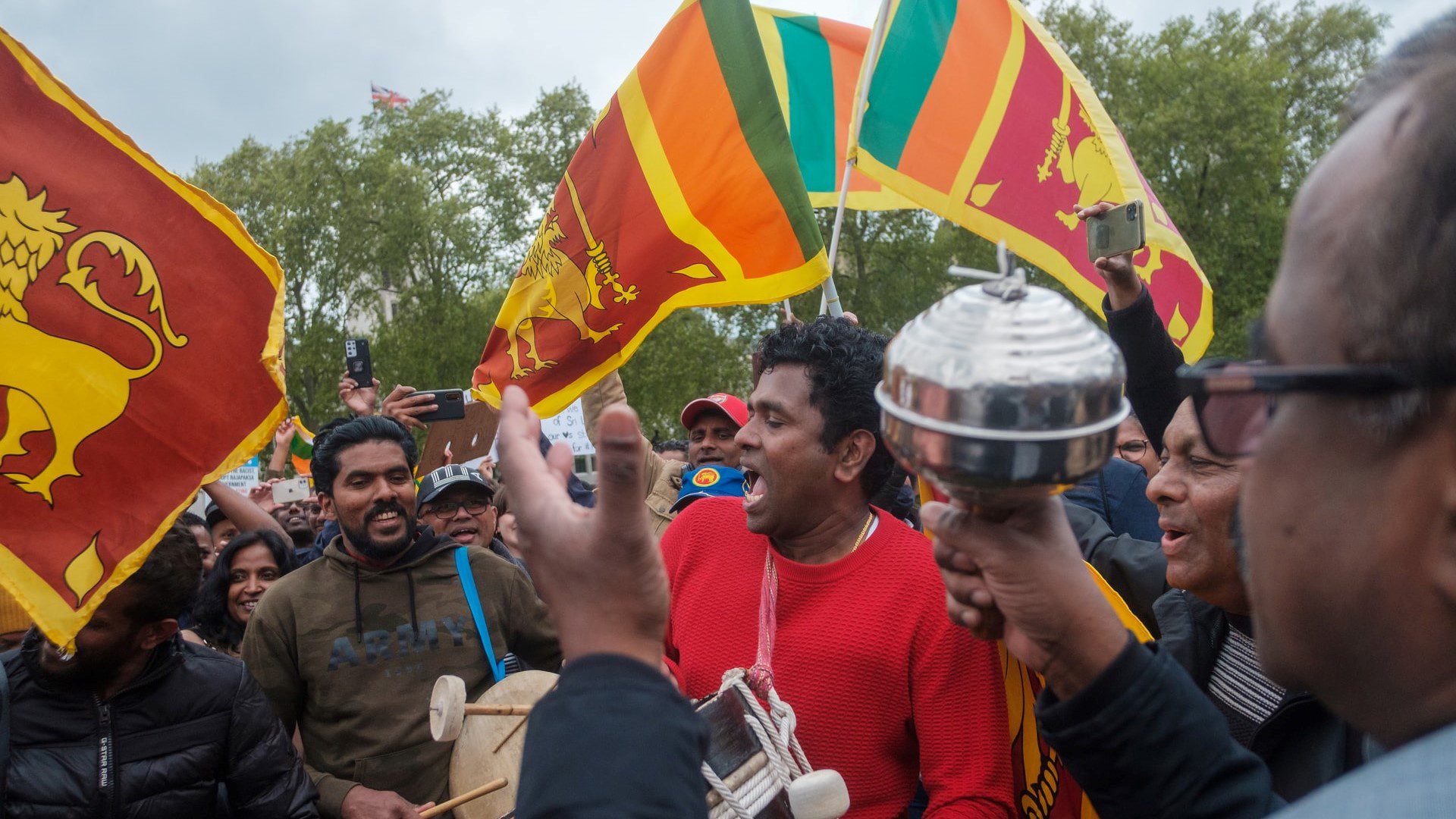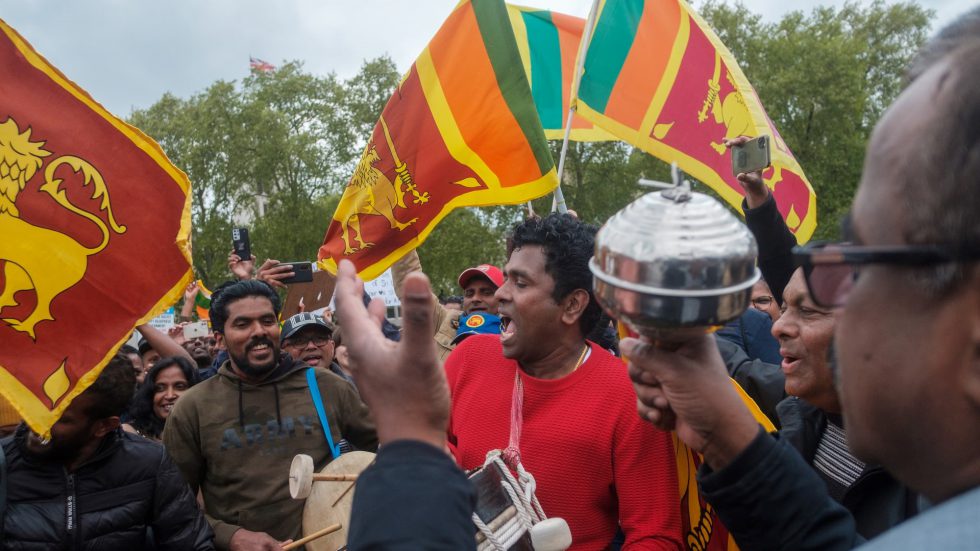There is a long conversation ongoing about euthanasia: the practice itself and whether it should be legalized or not. While the Hippocratic Oath has allowed no provisions for taking a patient’s life, there is an equally strong argument from those who believe a patient (or relative) should make the call in deciding whether to live or die.
Suicide criminalization, explained
However, before getting into the complexities of euthanasia, another question has been mostly unaddressed or willfully forgotten. This is the question of criminalizing suicide and the reason it’s not as hotly debated as euthanasia is two-fold:
- Many Western countries (and a few notable Eastern ones) have already had this debate, reached their conclusions, and moved on.
- In other countries, the topic remains such a taboo that legalizing it is out of the question, and its criminalization leads to more stigma and taboo – a morbid cycle reminiscent of the chicken and egg theory.
Now for someone who has not experienced any suicide attempts and is surrounded by those who live a healthy life, this might be an inconceivable problem. What is the point of legalizing suicide, you ask, when the person who chooses to take their own life is, well, dead?
Harmful effects of suicide criminalization
However, we should be giving this matter priority over legalizing euthanasia because of one simple fact. The criminalization of euthanasia will lead to suffering and possibly a slow death. Legalization will simply lead to a faster and less painful death. However, the criminalization of suicide might lead to the loss of material things such as property, things of faith such as rights of death, and the loss of life where it might have been saved. Decriminalization would save lives.
To elaborate on the previous point, there are two situations where the criminalization (or lack thereof) affects the living. Broadly classified, these are when:
- The act of taking their own life failed, or there was intervention before it was done, and the person in question is alive and under medical care.
- The act succeeded, but the family and loved ones of said person cannot give the person proper death rights, or claim their property and belongings.
In the first scenario, let us assume person X, due to various complications in their life, decided to take their own life. Person X decides to overdose on sleeping pills. However, upon discovery, medical assistance is called immediately, resulting in quick intervention and the saving of X’s life.
According to conducted research, many suicide attempt survivors declare themselves glad to be alive, and given no provocation, are not likely to attempt suicide again. Their statements generally echo a standard thought where they “did not want to die, just wanted ‘the pain’ to stop.” Assuming X is of this majority, they regain consciousness in a hospital days later.
While X is glad to be alive, relief is short-lived when subjected to stigma, scorn, and disdain even from the medical staff themselves. When X leaves the hospital, they have to face a community who is ashamed of him/her, loved ones who might feel betrayed, all the problems they had before, as well as additional problems that could include being bullied, labeled as weak, etc., in addition to legal issues.
Depending on X’s country of residence, they could be prosecuted, convicted, imprisoned, and punished by law for attempting to take their own life.
Dealing with legal charges, and the social stigma of being under those legal charges, and in some cases, even imprisonment, is gross neglect for a person’s well-being. If the buildup is immense, and X isn’t given the psychiatric help they need (including peace of mind and the freedom to heal in a non-criminal environment), what guarantee can anyone give that this is not provocation, that X will not be driven to attempt suicide again?
A person under pressure and pain so immense that they resorted to death to find their way out of it, deserves better than to become a victim of the justice system if they survive.
In the second scenario, person Y faces similar struggles, and like X, they attempt to take their own life. They succeed.
Person Y’s family is grief-stricken. The situation escalates further when they learn that their religion/ruling body does not allow standard death rights for Y due to the circumstances of death.
Depending on Y’s country, Y’s property and belongings may be seized by the government, and if Y had anyone depending on them, they might end up penniless as well.
This leaves us with one question: Are we punishing the right person?
The stigma around suicide in Eastern communities
In Sri Lanka, for instance, several centuries ago, if a person in a village killed themselves, it would not be the actor who would be in trouble, but rather the entire town that would find themselves at the King’s displeasure on the logic that if a person was driven to kill themselves, it was the village as a community that had failed them in some way.
This might not always be the case, as we now know that mental illnesses and other factors play as large a part in suicide cases as social problems. Now the existence of such a tradition may or may not be true, but we do believe that the system of looking into where we failed, instead of blaming the victim, is a better way to go.
As mentioned at the beginning, many Western countries (including the US and most European countries) no longer consider suicide a criminal act (McLaughlin, Columba 2007), an incredible feat because suicide is a sin according to the Catholic Church, the most widespread Christian denomination.
India also joined these ranks in 2018, and Singapore as recently as 2020 (Singapore Penal Code section 309), in decriminalizing this act. India has made several progressive changes in recent years, among them legalizing homosexuality and decriminalizing suicide. We believe this is a positive example for other countries who still enforce archaic customs.
Among the countries that continue to treat suicide as a criminal act are many Islamic countries (Aggarwal, N 2009). This is understandable when you consider the current conflicts with extremists and the prevalence of suicide bombers. However, killing yourself with a deliberate intention of harming another person(s) should count as an act of murder by suicide, quite different from the majority of cases where victims quietly take their own life while no one else is none the wiser.
The impact is still significant, maybe even more so, but there is no intent to harm, or evidence of any physical harm. The emotional scars such an act leaves on the community; however, is another matter entirely.
The questions each of us have to consider are what should we focus on when someone tries to kill themselves? Why are we focusing more on stigma, negativity, and criminal charges instead of focusing on positivity and healing? The former costs everyone involved. What does the latter cost?
To read more about human rights, be sure to check out our cluster page by clicking on the button below.
This piece solely expresses the opinion of the author and not necessarily the organization as a whole. Students For Liberty is committed to facilitating a broad dialogue for liberty, representing a variety of opinions.









